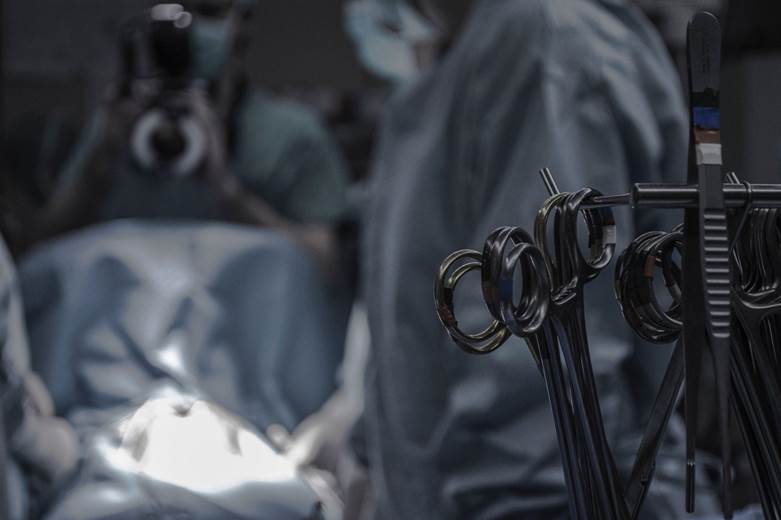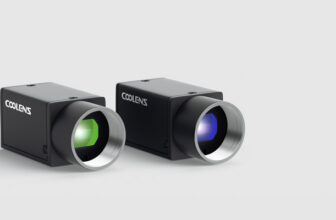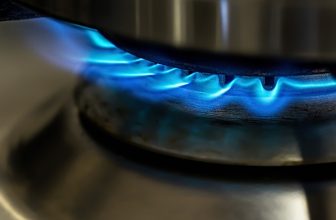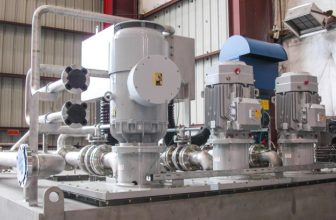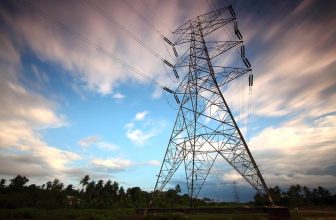
Vacuum Technology is an integral part of professional work in both the oil and gas industries, where vacuum pumps are utilized during the refinement process as well as gas boosting applications.
Vacuum environments achieve various mixing goals that differ based on each application, including reducing oxygen content to avoid spoilage or chemical reactions that would otherwise occur.
It’s Used in the Aerospace Industry
Airplanes – military, commercial and private alike – require vacuum technology in order to operate. This is one of many types of vacuum technology that impacts people’s everyday lives. From initial construction through final use, vacuum technology plays an integral role in many work steps such as assembly, heat treating and brake production. Vacuums also play a key role in plan control, engine maintenance and landing functions.
Aerospace industry applications utilize various types of vacuums, from pressures slightly below atmospheric to ultra-high vacuum levels necessary for particle physics experiments where even one stray molecule could disrupt their experiment. Ejector pumps create these vacuums.
Manufacturing airplanes is an industry prone to contamination, and vacuum pumps help reduce particulates and dust that would otherwise linger around the facility. Furthermore, vacuum pumps help keep the environment safe by capturing vent gases from compressed air sources and providing cleaner ventilation systems.
Advanced composites manufacturers rely heavily on vacuum systems. Vacuum infusion allows manufacturers to create stronger and lighter parts with optimal fiber-to-resin ratios; for instance, aircraft wings utilize this technique in order to ensure part-to-part consistency and load carrying capacities.
It’s Used in the Medical Industry
Vacuum technology is an integral component of the medical industry. Used in hospitals and surgery rooms to keep blood, tissues, fluids, and other materials from clogging equipment and impeding procedures and patient care, vacuum pumps allow medical professionals to keep operating and take better care of patients. Without them, it would be much more challenging to perform procedures.
Hospital central vacuum systems are an indispensable piece of medical equipment that works on the principles of vacuum science. This system employs pipes, pumps, and control units to create a zone below atmospheric pressure; additionally, each medical gas is distributed using its own dedicated supply system so as not to mix with others. You can click the link: https://www.uclahealth.org/safety/fire-safety/medical-gas to learn more about medical gases.
Hospitals use vacuum pumps to clean and sterilize equipment, reduce air pressure on wounds, make surgery more manageable, and clean Endotracheal tubes more effectively. Medical specialists likewise employ these systems as part of their work to perform liposuction procedures on patients.
Food processing and packaging industries use vacuum pumps to remove excess air from products before sealing them in bags or boxes. You likely interact with more vacuum technology than you realize on a daily basis in places like grocery stores and restaurants; even many vehicle brakes utilize vacuum technology for improved safety and performance!
It’s Used in the Food Industry
Utilizing vacuum technology to create a low-pressure environment is beneficial in many food and beverage processes. Food manufacturers frequently utilize vacuum pumps during manufacturing or transport of their product to remove any excess materials – which helps avoid potential health issues that might result from these substances contaminating or damaging the food product.
Food companies frequently utilize vacuum technology for various hygienic processes in the food industry. For instance, poultry evisceration and deboned waste conveying can be messy processes; using a vacuum system helps minimize contaminants created during this process. Furthermore, vacuum systems can also help produce cleaner equipment and spaces.
Vacuum technology can also be utilized for fast cooling processes. Leafy vegetables in particular can benefit from this quick method, which lowers greenhouse gas emissions while keeping produce fresh. You can click the link to find out more.
Vacuum pumps are essential to many applications requiring high vacuum levels. From single-stage rotary vane pumps to complex multi-stage roots pumps, vacuum pumps provide reliable vacuum levels at high vacuum pressure levels.
Industries working at higher vacuum pressures may use cryopumps with cold surfaces that trap molecules or asymmetric screw pumps with counter-rotating screws that create higher vacuum levels.
It’s Used in the Chemical Industry
The chemical industry also utilizes vacuum technology for various tasks. Vacuum technology plays an essential role in handling harmful vapors in petroleum and gas industries; however, you’ll also find its use in distillation, vacuum evaporation, and thermal treatment processes.
Vacuum systems are used extensively in the paper and printing industry for drying various products, production of ceramics, degassing volatile gases from a room, as well as preservation and drying in wood industries.
Vacuum technology has also proven invaluable in the packaging industry, where nearly all of the products you purchase will have passed through a vacuum system at some point before reaching grocery store shelves. Vacuums help remove air and other elements from packages before being sealed shut, providing greater assurance for seal integrity and seal strength.
